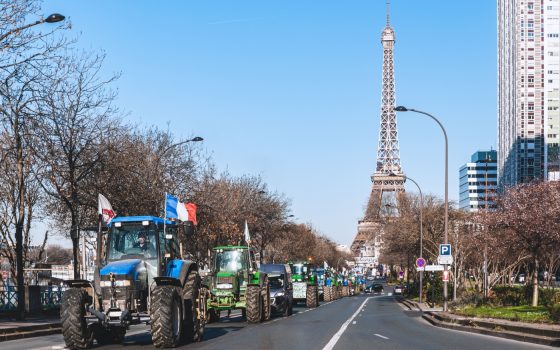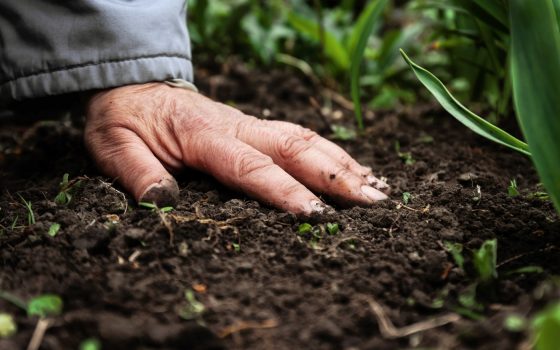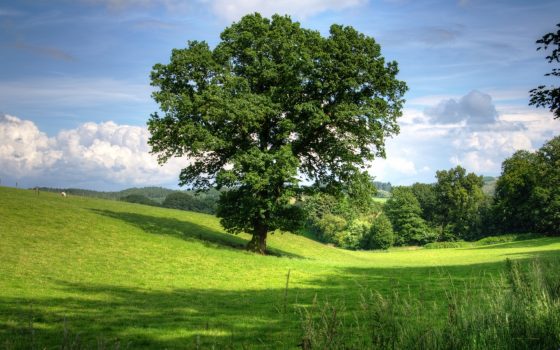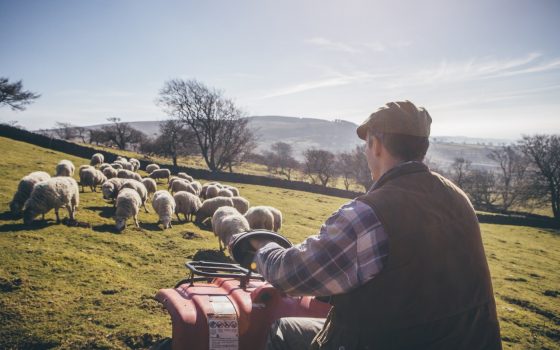We need to talk about farming
Could Brexit offer a chance to fix our farming system?
04 January 2017
There is broad consensus that the hand we’ve been dealt by the EU in terms of farming subsidies has been a bad one.
The EU’s Common Agricultural Policy (CAP) currently rewards large landowners by making payments based on how much land is owned. The result? Wealthy individuals reap millions of pounds from public funds, while smaller farmers receive little or no support.
Some steps have been taken to incentivise farming methods that improve the environment and landscape through the latest CAP framework, but much more is needed to prevent irreversible damage.
The CAP has also been responsible for massive overproduction – mountains of butter and lakes of wine – that flooded markets in the global south, undermining local producers and creating a dependency on imports.
BREXIT FORCES US TO SHAPE THE SYSTEM WE WANT
The UK’s vote to leave the EU heralds a radical change for the UK’s farming sector. A decision will be taken, sooner rather than later, on how to replace the current system of farm support.
Designing policy from scratch should mean starting at the very basics: What do we want our food policy to achieve?
Instead of subsidising rich landowners, subsidies could be used to encourage sustainability and jobs in the rural economy, introduce more democracy into the food system, and foster local supply chains.
Our new report, launched this week with Global Justice Now, sets out a progressive solution for UK farming subsidies after Brexit. There is so much more that our food system could achieve.
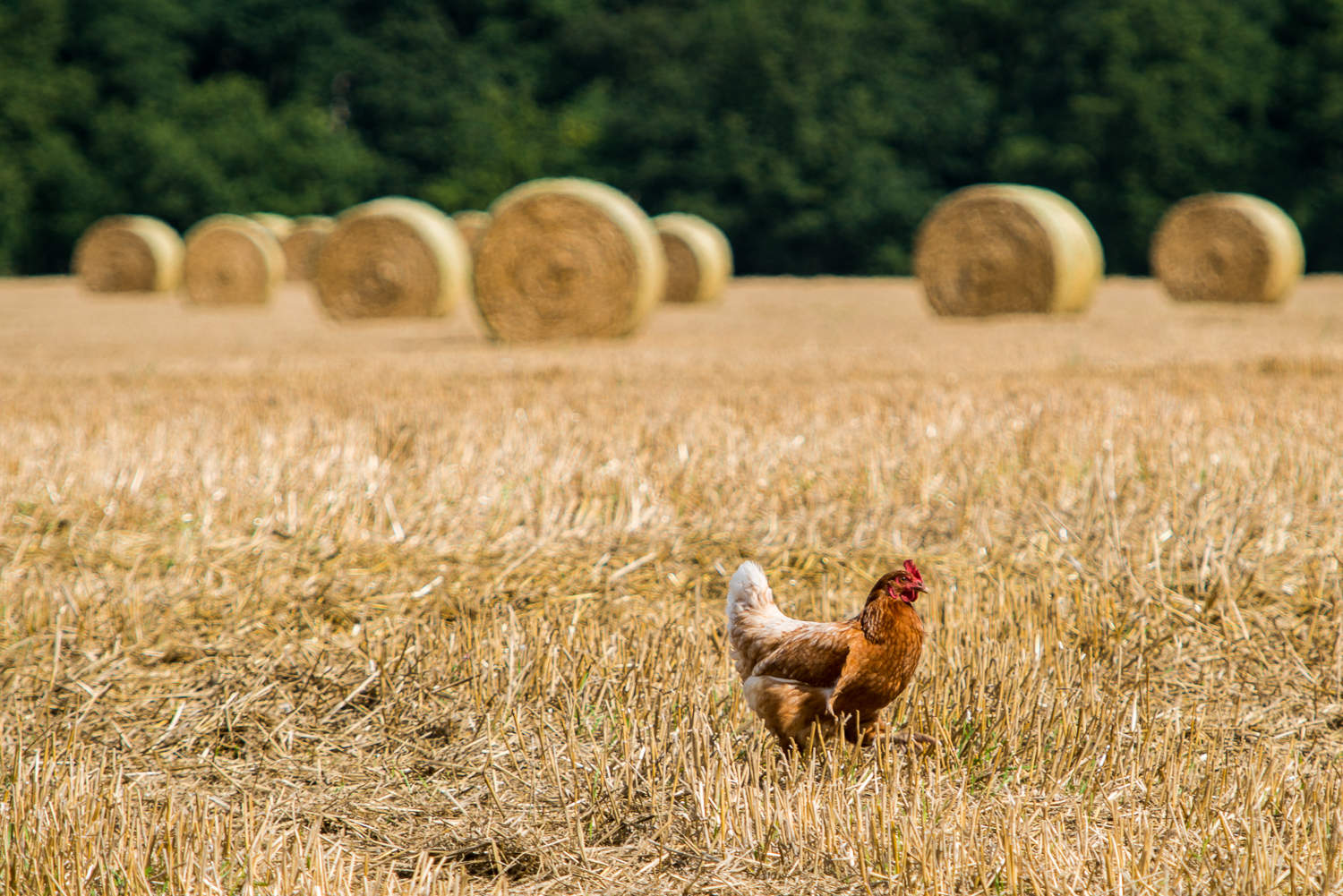
Photo by Mark Seton
Our proposed subsidy would:
- Give each active farmer with at least one hectare of land a universal payment of £5,000.
This would greatly redistribute the available funds across farmers and would level the playing field for small-scale producers, while reducing the total amount of public money devoted to income support. The payment would only be conditional on a small number of minimum standards, including basic environmental stewardship. - Offer grants for medium-scale, regional infrastructure, including processing facilities and local business development programmes.
This would keep money and resources in local economies, while supporting new business models and small-scale producers. - Offer subsidies for the provision of specific public goods.
Decisions on which public goods to prioritise and how to allocate budget would be devolved to regions to set 10-year frameworks based on local knowledge (subject to big national responsibilities, such as tackling climate change).
Our proposal would build a modern, effective food system while at the same time saving £1.1 billion – public money that could instead go to our NHS or other shared services.
THE FUTURE OF FOOD
Chancellor Phillip Hammond has promised to maintain the current level of subsides set by the CAP until 2020. But what will they look like after 2020?
This is an incredibly important time for the future of our food and farming system. The stakes are high — decisions we make now will determine the character of our rural communities, environment and our diets for decades.
It’s not a decision we can leave to the Westminster elite, many of whom are landowning beneficiaries of the CAP. That makes proper public debate essential.
Only then can affected communities really take control of a food and agriculture system that shapes the way they live and work.
Topics Brexit Fisheries & farming



